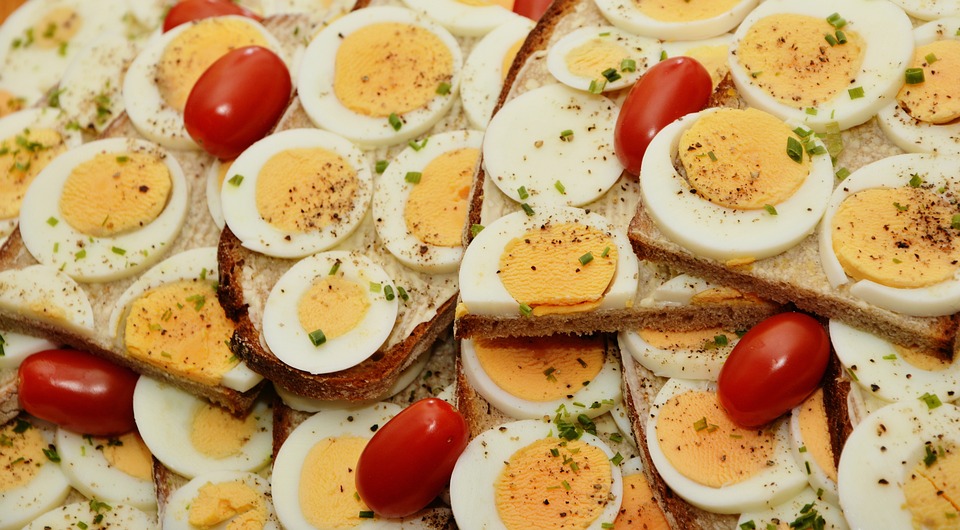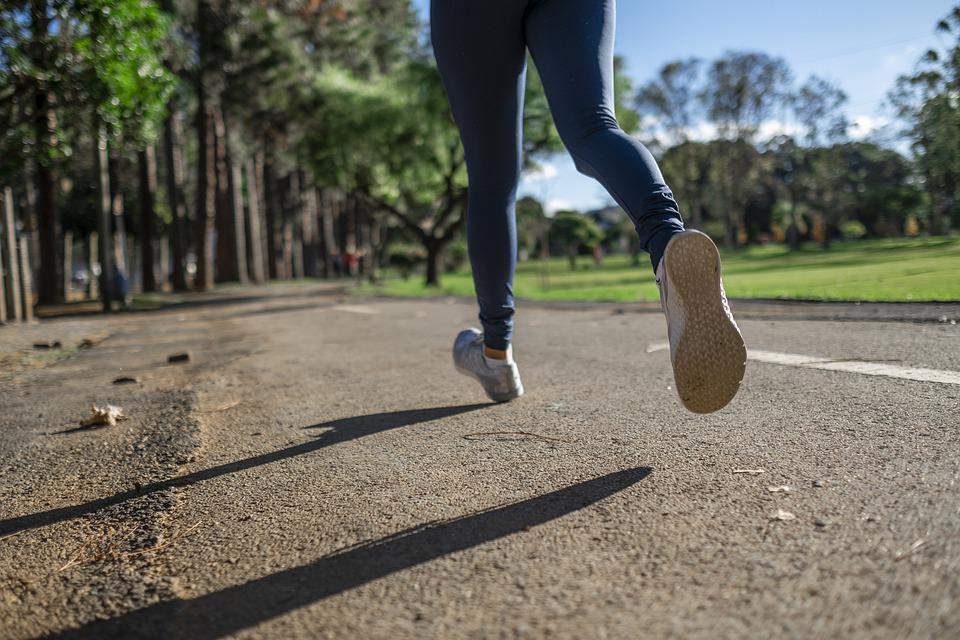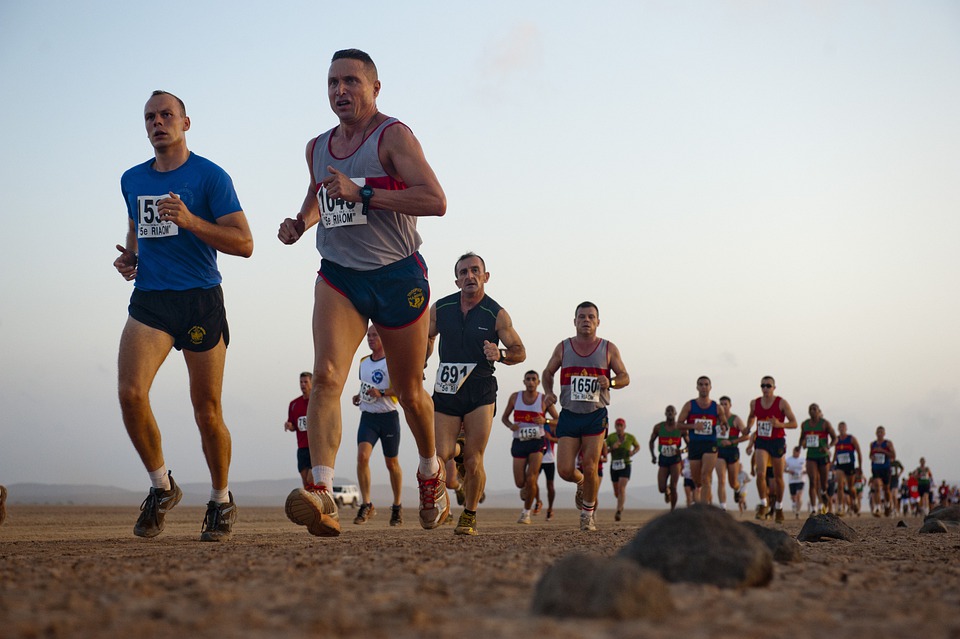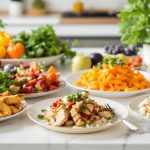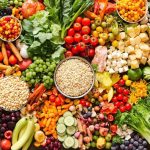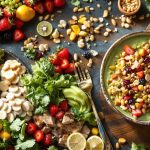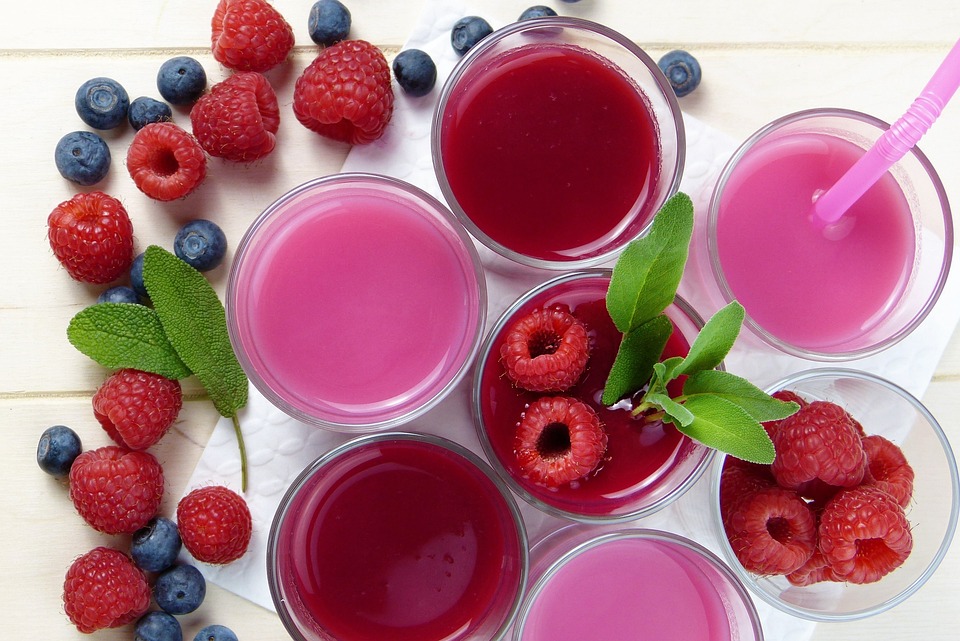
This post is not focused on providing you with the ideal nutritional meal to consume prior to or following exercise, yet to enlighten you about the short time frame directly after your workout when you should eat before your next meal.
This is also true for those last few moments before practice starts, usually from half an hour up to an hour prior.
Many of you may be cynical about the idea that eating after a workout is a necessity, believing that it isn’t a big deal in the long run if you don’t eat anything before or after training. You think that as long as your overall food intake throughout the day is balanced, then it doesn’t matter when you eat.
Though I admit that this may hold some accuracy, I should also state that when you eat before and after exercise might affect how well you carry out the activity.
Let us start out by discussing the basics of consuming food before and after physical activity before we proceed to the more exciting details of what to consume. First, we need to consider a few factors to help inform our unique, individual pre and post-workout meal needs:
Current Eating Habits
In the final analysis, Nutrition is something that must be addressed on a personal level.
Something that works for one person may not be effective for another.
As an illustration, I’m familiar with a few individuals who find it advantageous to practice on an empty stomach, and then there are those who are more capable when they have a small amount of sugar in their body for energy. Certain individuals are adapted to the use of fat for energy, while other people, for example, myself, require carbohydrates prior to physical activity.
In other words, do not rely on generic dietary protocols; instead, base your diet on what agrees with you, and make continual improvements.
Nutrient Intake
We must think about the amount of vitamins and minerals in our food if we wish for our bodies to have the necessary cofactors to create ATP. Eating nutrient-rich meals is essential for the production of ATP. Nutrients are more influential on energy production than calories.
Calories aren’t the only influence on energy production.
Blood Sugar Management
If you’re keeping track of your macronutrients, then your meals and calorie intake are planned out, but the details of what you eat before and after you exercise involve deciding the right time and selecting the right foods.
Some may argue that meal timing isn’t that important. But to me, meal timing means blood sugar management. The timing of what and when you eat can have an impact on your overall performance, particularly with regards to small details.
Rate of Digestion
How quickly we absorb and absorb our food has significance. This affects how effectively our food is harnessed to generate energy. Have you ever gone to a buffet and then done a workout shortly afterward?
Make sure to seal the trash can if you decide to experiment.
The Intensity of Your Workout
If you’re a power athlete, you should seriously consider feeding your body the high-octane fuel it needs—that is, carbohydrates.
For those who follow the ketogenic lifestyle, it can be seen that fatogenesis is a reliable form of energy generation. However, relying on fat rather than the consumption of carbohydrates prior to exercise is like utilizing either a Hybrid or a Ferrari to win in a race – a vital distinction.
It is also true of people who follow the lower-carb Paleo diet.
Carb Consumption
Are your goals recovery-oriented?
Or are you more concerned with body composition?
Recovery approaches tend to involve higher herb intake before and soon after exercises, whereas lower carb intake provides the body with the opportunity to depend on body fat instead of carbohydrates to fuel your activities if the aim is to refine body shape.
PRE-WORKOUT NUTRITION
The foundations of pre-workout nourishment are based on supplying the body with the necessary amount of amino acids while allowing a slow and consistent flow of glucose which can be utilized during your physical activity.
Here’s what to eat…
Have Some Fat
This is particularly essential if you are fat-adapted because this is the main source of energy for you.
If you don’t follow a strict ketogenic diet, I suggest consuming a good amount of fat before working out. This fat helps deliver glucose during exercise at a steady pace.
I have a strong appreciation for Medium Chain Triglycerides (MCTs) because as opposed to other sources of energy, they can enter the mitochondria quickly and be used right away. MCTs are not reliant on L-carnitine in order to pass through the mitochondrial membrane, unlike other types of fats which necessitate multiple steps for that purpose.
Certain fats that are of high quality include coconut, avocado, and cheese (for those who are fond of dairy) as well as nearly all kinds of nuts and seeds.
Just a Little Bit of Protein Bro
You’ve already been informed of this, but I need to let you know that if you have sufficient protein and related amino acids then it will restrain protein from being applied as energy during exercise while making sure that protein formation levels hold constant as this usually reduces when exercising.
A substantial steak might not be the best fare to have just before a workout, however, a protein shake or BCAA supplement should be enough.
Some other good options for a pre-exercise meal may be snack sticks of beef or turkey, or simply a protein shake.
Coffee. The Original Pre-Workout
Coffee has the ability to stimulate the body by hindering adenosine receptors, which would normally put a damper on nerve activity.
Opt for Green tea if you’d like to cut back on caffeine while still maintaining balance. It is loaded with an amino acid known as L-Theanine which helps to make the stimulatory effect of caffeine even. The level of caffeine in it is notably lower than your usual cup of coffee.
POST-WORKOUT NUTRITION
Post-exercise nourishment is not given its due consideration, so it is essential to be aware of the advantages of providing your body with the sustenance it needs to recuperate. After a strenuous exercise session, your body must be supplied with energy again. If you do not supply your body with the necessary nutrition, it can exhaust you and stop the healing process. If you don’t give your body enough time to recover after working out, you can be in danger of sustaining more injury during your next exercise routine.
Primarily, post-exercise meals need to include high-glycemic foods along with enough protein intake.
Eating carbohydrates after a workout refills the glycogen stores that have been used up or lowered during exercise, and simultaneously stimulates a hormone that helps absorb amino acids into the bloodstream necessary for creating proteins.
After exercise, the body is more receptive to food and better able to use insulin. For that reason, I like to have my more substantial meals during the time immediately following a workout.
Right after exercising, post-workout nutrition may influence the amount of cortisol the body releases. Regardless of whether one is in ketosis or has adapted to burning fat for energy, nourishment post-exercise will have an effect on cortisol hormone secretion. It is especially important after exercise to have cortisol return to typical levels.
It’s essential to remember that cortisol can be advantageous during exercising, however, if it’s increased over a long period of time, it possibly can have negative consequences. Once you finish exercising, eating carbohydrates can help your cortisol levels get back to a standard amount and have a positive impact on things like immune functioning.
Post-Workout Nutrition: The Do’s
1. Fuel Your Body with Protein
The amino acids found in protein help to rebuild muscles that have been damaged while exercising. Opt for leaner forms of protein like antibiotic-free chicken, wild-caught fish, and the occasional grass-fed beef. If you don’t have long to recharge after exercising, eggs, almonds, and cottage cheese are great ways to do it quickly.
2. Increase Your Glycogen Intake
When you do vigorous exercise, your body runs out of glycogen, a type of polysaccharide. When you consume carbohydrates, insulin is released by your body and this hormone transports glucose out of the bloodstream and stores it in the muscles and cells as energy. When a surplus of fuel enters the system, glucose molecules join together to form glycogen.
It is believed that after roughly 20 minutes of intense exercising, your muscles’ glycogen stores will become depleted. When you are unable to do the last repetition, your energy stores of glycogen have been used up. Consumption of carbohydrates causes the release of insulin, which helps create glycogen. When carbohydrates and proteins are combined in a meal, the release of insulin is more anticipated.
3. Eat the Right Kind of Carbs
Not all carbs are created equal, however. There are whole carbs and complex carbs.
Carbs that are undamaged and in their original form possess fiber which assists the body in managing the use of sugar. An illustration of these would be sweet potatoes, fruits, veggies, legumes, and entire grains.
Refined carbs are processed and stripped of fiber. Examples of these items are white flour-based foods like white bread and white pasta, store-bought fruit juices, and polished white rice. Consuming refined carbs leads to sudden rises in our blood sugar levels, offering a momentary boost in energy that is followed by an inevitable decline not long afterwards, resulting in cravings for more sugar. Do fill up on the right kind of carbs.
Fast Carbohydrates
I like to choose quickly metabolized starch-filled carbs like white rice. It is advantageous that the amount of fiber is smaller in this situation.
The quicker it causes a rise in insulin levels, the more quickly it will be absorbed. Following a workout, some great starchy carb sources to turn to consist of white rice, spuds, rice cakes, and indeed, bread. Rather than opting for sugary treats, we should bear in mind our intestine health, overall well-being, and nutrition when selecting what to eat after physical exercise.
4. Satisfy Your Meal with Healthy Fats
After working out, it is beneficial to include small amounts of good sources of fat in your diet. Including a bit of fat in your meal will help you become more content and keep you feeling fuller for a more extended duration. It is vital that one discerns between unhealthy and healthy fats and ensures they are sourced properly.
Eating too much saturated and trans fats, which are categorized as bad fats, can lead to higher levels of cholesterol and LDL in the bloodstream. Saturated fats should be eaten sparingly. Examples of foods high in saturated fats are processed deli meats such as salami and bacon, in addition to dairy products including milk and cheese. Trans fats should be avoided at all costs. Foods that include partially hydrogenated vegetable oils contain trans fats. Some examples of unhealthy foods are deep-fried things like doughnuts, chips, quick-service meals, vegetable oils, biscuits, and processed snacks.
Good fats are monounsaturated or polyunsaturated. Their capability to reduce cholesterol and decrease the likelihood of heart disorders is demonstrated. A few sources of healthful lipids are avocados, nut varieties, chia seeds, and fish.
5. Fruit
Go for fruit that has a lesser amount of fructose in it as fructose takes a longer time to be absorbed. This is because the liver must first handle the processing.
Fruits that contain less fructose are blackberries, blueberries, pineapple, kiwi, papaya, strawberries, and grapefruit.
Post-Workout Nutrition: The Don’ts
1. Stay Away from Unknown Ingredients
It is complicated to decide which foods you should avoid having after exercising. One thing to bear in mind is that if you do not understand what the components are, it is best not to consume them. Most items that are put in boxes or containers normally contain large amounts of sugar and other additives to keep them fresh. Examine the list of components if you choose to consume a processed food item. If you cannot comprehend a majority of the components, steer clear of them completely.
2. Don’t Eat Spicy Food
Spicy foods are also best to avoid after workouts. Meals cooked with strongly spiced ingredients such as chili peppers or cayenne have an element known as capsaicin which causes inflammation in our bodies. Hot and zesty cuisine can get the digestive system going and can sometimes cause indigestion and gut problems, especially when you’ve already exerted energy during physical activity. To ensure your body can effectively repair itself, it is critical to pick foods that are readily digestible.
3. Avoid Unnecessary Sugars
Focus on consuming foods that are unprocessed and natural such as fruits, vegetables, nuts, seeds, and meats that have not been treated with any antibiotics or hormones. Several drinks and snacks designed for sports performance contain undisclosed components which impede the recuperation process. Although they are promoted to athletes, these products are likely to contain a huge amount of unneeded sugars, making them a bad choice after exercise.
4. Skip the Alcohol
Alcohol is a big NO after workouts. Having a celebratory alcoholic beverage right after a successful workout might appear enjoyable, however, alcohol impedes the repair process of exercise-induced muscle strain by suppressing the output of certain hormones utilized to assist recovery, such as testosterone. Additionally, alcohol acts as a diuretic, resulting in further dehydration which will make recovering from exercise a longer process.

